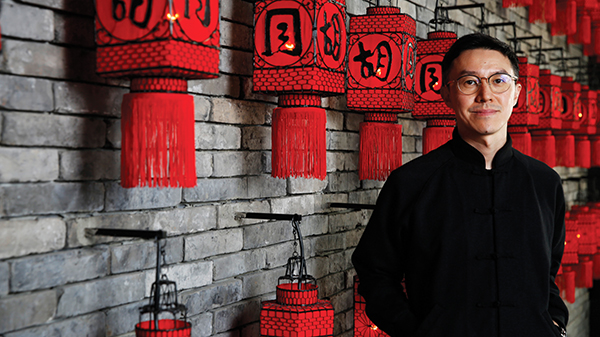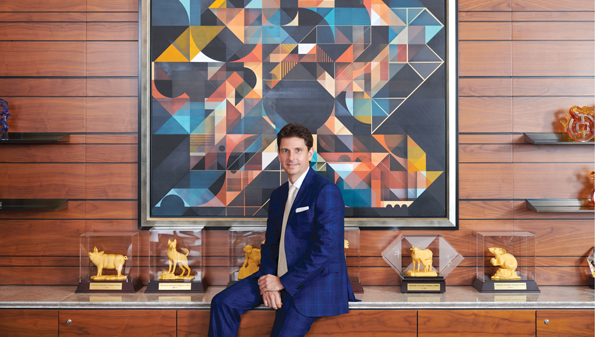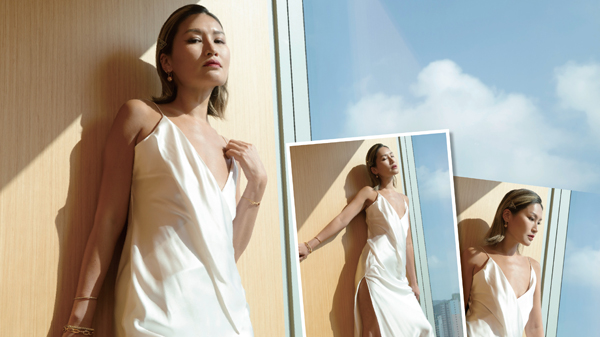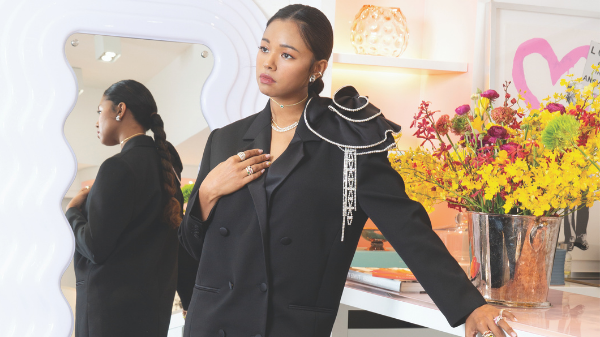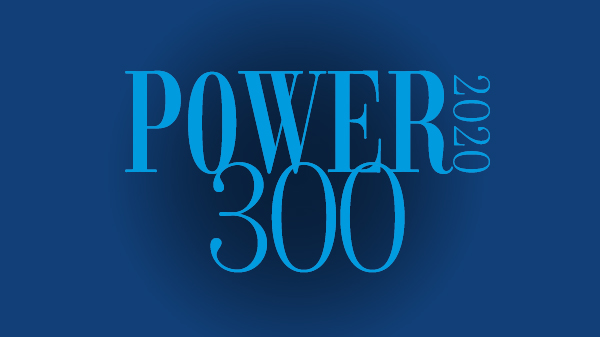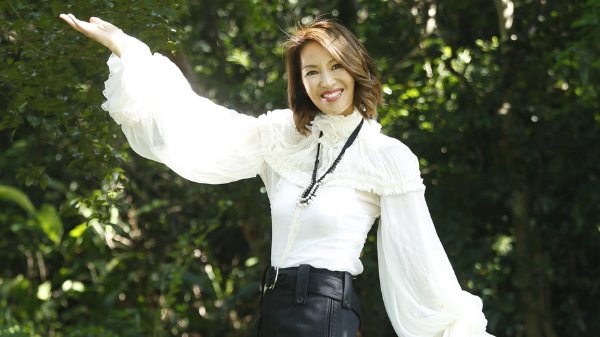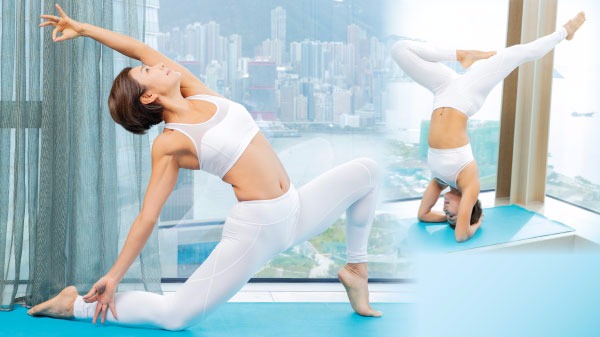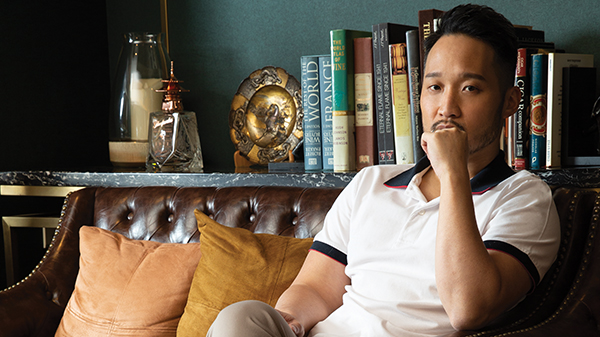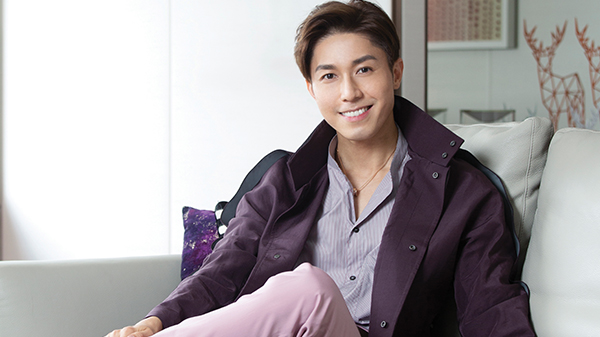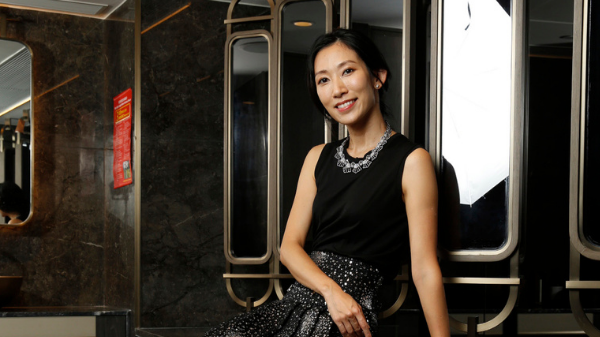From vintage cars to blockchain technology, Woo Hon Fai Group investment mastermind Darrin Woo steers smartly into the future

You helm the Woo Hon Fai Group. What’s the background of this company and how do you see its role today?
Woo Hon Fai Group is a single-family office named after my grandfather, who was the founding chairman of the Hong Kong Stock Exchange and a former president of the Chinese Gold and Silver Exchange Society. Today, our office manages capital on behalf of more than 30 family members across four generations. As the eldest grandson, I am accountable to a big family, and I am currently the third-generation family member leading the office. Our core business, Lee Cheong Gold Dealers, started in 1950 and remains active today.
As managing director of WHF Group, what comes under your purview?
My areas of responsibility are wide-ranging and divide broadly into two categories: managing financial and human capital. The former involves overseeing legacy investments (some of which date back over half a century), real-estate investments and core businesses, as well as sourcing, allocating and monitoring new and existing investment opportunities, including hedge funds, private equity and venture capital. Managing human capital encompasses developing and implementing succession planning strategies; identifying and retaining talent both inside and outside the family; managing our family businesses; and continuing our family legacy. Our office also provides concierge services to meet our family members’ daily needs. I lead a team whose roles include such responsibilities as corporate administration, accounting and finance, tax and estate planning, property management, investment management and domestic staff management.

What are the benefits of being raised in a prominent family, and the drawbacks?
Growing up in a prominent family meant we enjoyed great privileges. My grandfather entertained a lot and we got to meet other prominent families and develop multi-generational friendships. Hong Kong was, and to a certain extent still is, a city where who you know is just as important as what you know, I’m grateful for the exposure and my childhood experiences.
I was born in San Francisco, did my schooling in Hong Kong, and went to university in the United Kingdom [studying town and country planning at University College London]. The message that with privilege comes responsibility and the paramount importance of giving back to society were inculcated throughout my formative years. Both my family and I have an active philanthropic programme that supports causes across the globe.
Can you elaborate on some of these?
Our family’s philanthropy programme began with the founding of TIACC Woo Hon Fai Secondary School in 1987 in Tsuen Wan. One of the more notable – and meaningful – gifts in recent years was a US$15 million pledge by my late father [David Woo] to the University of California at Berkeley, which ensured the preservation of the old Berkeley Art Museum and Pacific Film Archive building. This was renamed Woo Hon Fai Hall and today houses the Bakar BioEnginuity Hub, an incubator with 40,000 square feet of labs and office space for life-science research, innovation projects and start-ups. My father graduated from UC Berkeley’s College of Environmental Design in 1967, and was a resident architect for the firm that constructed the building. It is with great regret that he passed away last year, and he never got the chance to see Woo Hon Fai Hall in its present glory.
On a personal level, I recently supported a joint research studio between the University of Hong Kong and UC Berkeley, an innovative collaboration with an interesting comparative model to deliver design strategies for urban resilience and climate change in both Hong Kong and the San Francisco region.

Aside from your work with the family business, you’re also involved in a new fintech startup. Tell us about this.
Blockchain technology and digital assets have seen tremendous growth with the promise of reinventing the finance industry. While physical gold bullion trading has been around for thousands of years, professional investors today are becoming interested in digital assets like cryptocurrencies, and I believe this trend will continueto grow. A big part of my job is investing into and for the future. One recent investment I made is in Volmart, a pioneering hybrid risk manager using TradeFi, AI and blockchain technologies to offer investment solutions for private banks, asset managers and prime brokers.
If you had a spare million to invest right now, where would put that money?
Capital preservation is my number-one priority. Real assets, financials, real estate and commodities offer superior risk-adjusted returns under the current inflationary environment and cycle of rising interest rates. I would buy gold bullion bars, not only because we are in the business, but I believe they are an important hedge against risks associated with financial systems and fiat currencies. The recent surge in gold prices amid the tension between Ukraine and Russia is proof that gold continues to be an effective hedge against geopolitical risks. The vintage-car market continues to perform well, too, and shows little correlation to the stock market. Even if your vintage-car investment isn’t financially profitable in the end, the joy you derive from driving one on the open road on a sunny afternoon is priceless.
Even if your vintage-car investment isn’t financially profitable in the end, the joy you derive from driving one on the open road on a sunny afternoon is priceless
How did you passion for collectible cars begin?
It goes back as far as I can remember. As a child, I lived and breathed toy cars, from pushing Matchbox die-cast versions to assembling static models and building petrol-powered remote-controlled buggies. I was desperate to start driving during my teens, so I arranged lessons in advance and took my driving test on my 17th birthday, the first day I could legally drive in the UK. It was a first-time pass, of course! Vintage cars are my true passion – I admire their aesthetic beauty, quality craftmanship and pure driving experience. I am a member of the Classic Car Club of Hong Kong as well as the Royal Automobile Club in the UK. I like to share my experiences on my personal blog, Motor & Co.
What are the standouts in your collection and your most cherished car memory?
My collection includes a 1927 Bugatti Type 35B pre-war race car, 1957 Fiat-Abarth 750 GT Zagato, 1965 Mercedes-Benz 600 Pullman, 1972 Ferrari Dino 246 GT, 1983 BMW Alpina B9 and 1992 Lancia Hyena Zagato. I am fortunate to be the custodian of these highly collectible cars – many are limited editions and rarely available for sale.
Just before Covid, I took an intercontinental road trip with my son, Marc – this is one of my most memorable car journeys. We started in a small town called Arese in Italy, and passed through Switzerland, Germany and France, crossing the Channel on a car ferry to the UK. The 1,500km drive took us through some of Europe’s most beautiful and most rugged countryside. We visited historic towns off the beaten track like Baden-Baden, Colmar, Reims, Rouen and Caen.
We met some great people along the way, and the highlight was a visit to Champagne house Taittinger, where we were greeted by Clovis Taittinger, a family friend who is at the helm of this legendary family business.
Your wife, Bonnie Chan Woo, is a successful entrepreneur.

How did the two of you meet?
As clichéd as it sounds, we met on the plane when we were teenagers. Those were the days before email and WhatsApp, so we communicated the old-fashioned way through writing letters – we still have many of the original letters at home. Our relationship developed over 14 years before we officially got married in 2005.
How has Covid impacted your family’s jet-setting lifestyle?
Last year, I spent nine months in the UK and the rest of it in Hong Kong, 42 days of which were in hotel quarantine. Bonnie, Marc and I were hardly ever in the same place due to our various travel engagements, but we are still very grateful for the time we had together and can’t complain.
Can you pass on a few tricks on how to cope with isolating and quarantining?
That’s a difficult question to answer; different people have different tricks. Living in a confined space over long periods is both mentally and physically straining. I find having a room with a view and direct sunlight helpful. The ability to see activities in the outside world helps combat loneliness and exposure to sunlight elevates my mood. I keep busy with Zoom meetings during the day and relax in the evening watching Netflix and listening to podcasts and audio books.
Living in a confined space over long periods is both mentally and physically straining. I find having a room with a view and direct sunlight helpful
What are your top-three quarantine must-haves (apart from basic necessities).
JIA Everywhere – delicious meals from the JIA group restaurants delivered right to your hotel; Muo Wireless Bluetooth Speaker by KEF – amazing sound in a sleek design; and Amazon Audible – A Gentleman in Moscow by Amor Towles is a great quarantine companion.
Thank you.
(Interview by: Nikita Mishra Photographer: Jack Law Art Direction and Styling: Jhoshwa Ledesma; Videographer: Jackie Chan Venue: Hutong Hong Kong Cover look: Suit by Ring Jacket and button-up shirt by Pye)



